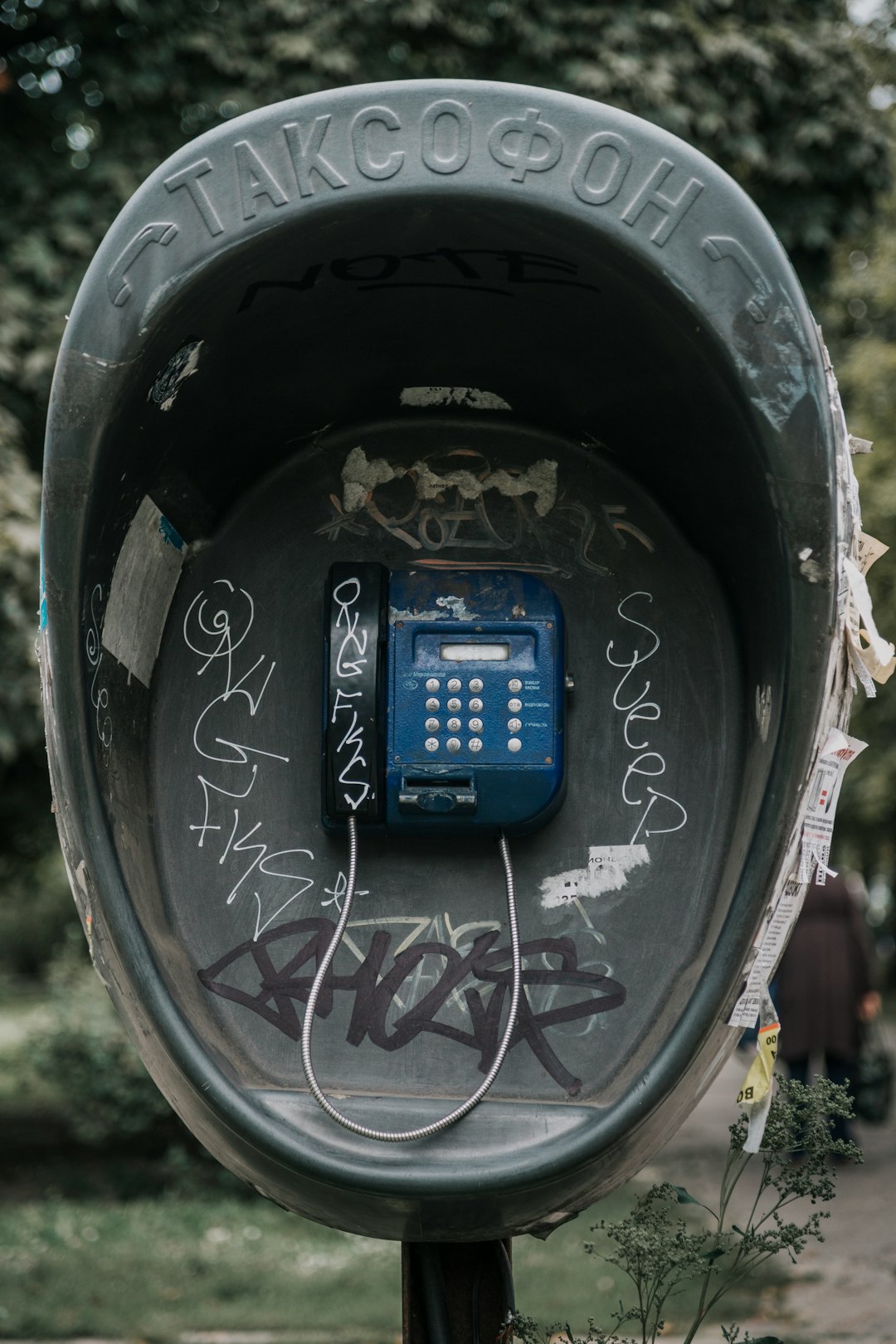Connecticut residents are protected from robocalls and spam texts by state and federal laws. Enroll in the National Do Not Call Registry, consult specialized robocall lawyers or spam call attorneys, use blocking software and apps, file complaints, seek damages for privacy violations, review device settings, and familiarize yourself with local robocall laws to combat unwanted communications effectively.
Tired of incessant robocalls and spam text messages? You’re not alone. In Connecticut, understanding and utilizing the existing legal framework is crucial to reclaiming your communication freedom. This article equips you with a comprehensive strategy to combat these nuisances.
From navigating Connecticut’s robust Robocall Laws and Spam Call laws to exploring powerful tools like the Do Not Call Registry, we delve into effective solutions. Learn about technical blocking methods, legal rights, and personal prevention strategies. Discover how to connect with top robocall Lawyers in Connecticut and spam call law firms for expert guidance, ensuring your peace of mind in this digital age.
Understanding Robocall and Spam Laws in Connecticut

In Connecticut, both state and federal laws protect consumers from unwanted robocalls and spam text messages. The Connecticut Unfair Trade Practices Act (CUTPA) prohibits deceptive practices in consumer transactions, including automated or prerecorded calls and texts without prior consent. Additionally, the Telephone Consumer Protection Act (TCPA) at the federal level restricts automated calls and texts for marketing purposes unless businesses obtain explicit permission from recipients.
Consumers in Connecticut can take several steps to protect themselves. First, register for the National Do Not Call Registry. Second, consult with a robocall lawyer or spam call attorney in Connecticut to understand their rights and available legal remedies against violators. A reputable law firm specializing in do not call laws can offer guidance on how to file a complaint and seek compensation for invasions of privacy caused by unwanted texts and calls.
Do Not Call Registry: Your First Defense

One of the most effective ways to prevent robocalls and unwanted text messages is to enroll in the National Do Not Call Registry. This federal database helps restrict marketing calls and texts from companies that have not obtained your prior permission. By registering, you gain a layer of protection against unsolicited communication, as it’s illegal for businesses to call or text registered numbers except under specific circumstances, such as for billing or collection activities.
In Connecticut, with its strict Spam Call laws, the Do Not Call Registry is a crucial first step for residents looking to curb robocalls and unwanted texts. A robust legal framework, supported by dedicated law firms specializing in these issues (like those offering services from a robocall lawyer Connecticut), ensures that your rights are protected. These professionals can guide you through the process of registering and also offer legal recourse if your number is still targeted after enrolling in the National Do Not Call Registry.
Blocking Unwanted Texts: Technical Solutions

Blocking unwanted texts and robocalls is a multifaceted challenge, but several technical solutions are available to help. One effective method is implementing robust phone filtering and blocking software. These tools use advanced algorithms to identify and block calls from known spam sources, including those originating from automated systems. Many modern smartphones already come with built-in call blocking features that allow users to create custom lists of numbers to block.
Additionally, individuals can take advantage of specialized apps designed specifically to combat robocalls and spam texts. These apps often tap into community-driven intelligence, leveraging data from other users to identify and block emerging scams. For those seeking comprehensive protection, consulting with a robocall Attorney Connecticut or lawyer for unwanted texts Connecticut can provide guidance on utilizing the latest technological advancements and navigating the relevant robocall Laws Connecticut. Such legal experts can also help establish and enforce Do Not Call law firms Connecticut, ensuring that individuals remain protected from intrusive and unauthorized communication efforts.
Legal Recourse: Holding Robocallers Accountable

In the face of persistent and often invasive robocalls and spam text messages, individuals in Connecticut have legal recourse to hold robocallers accountable. According to the Connecticut General Statutes, unauthorized automated telephone marketing (a.k.a. robocalls) are regulated under the state’s Do Not Call laws. These laws empower residents to take action against companies that violate their privacy by initiating unwanted communications. If you’ve been a victim of repeated robocalls or spam texts, consulting with a robocall lawyer Connecticut or spam call law firm Connecticut is a crucial step towards reclaiming your peace of mind.
A robocall attorney Connecticut can guide you through the legal process of filing complaints with relevant authorities and seeking damages for emotional distress or invasion of privacy caused by these calls. By holding robocallers accountable, individuals not only protect their rights but also deter others from engaging in similar deceptive practices. The collective action of affected citizens can significantly reduce the prevalence of unwanted texts and robocalls in Connecticut.
Empowering Yourself: Prevention Strategies at Home

Empowering yourself is a crucial step in preventing unwanted texts and robocalls. Start by reviewing your privacy settings on all devices and social media platforms, ensuring only trusted contacts can reach you. Consider using call blocking apps or features built into your phone to filter out known spam numbers. Additionally, enroll in the National Do Not Call Registry, which can help block calls from telemarketers and other unwanted sources.
Educate yourself about current robocall laws in Connecticut. The state has specific regulations in place to protect residents from intrusive calls, including penalties for violators. If you’re facing a barrage of spam or robocalls, consult with a robocall lawyer or attorney in Connecticut who specializes in spam call law and the Do Not Call laws. They can provide guidance on legal options available to you and help stop the unwanted communication effectively.






